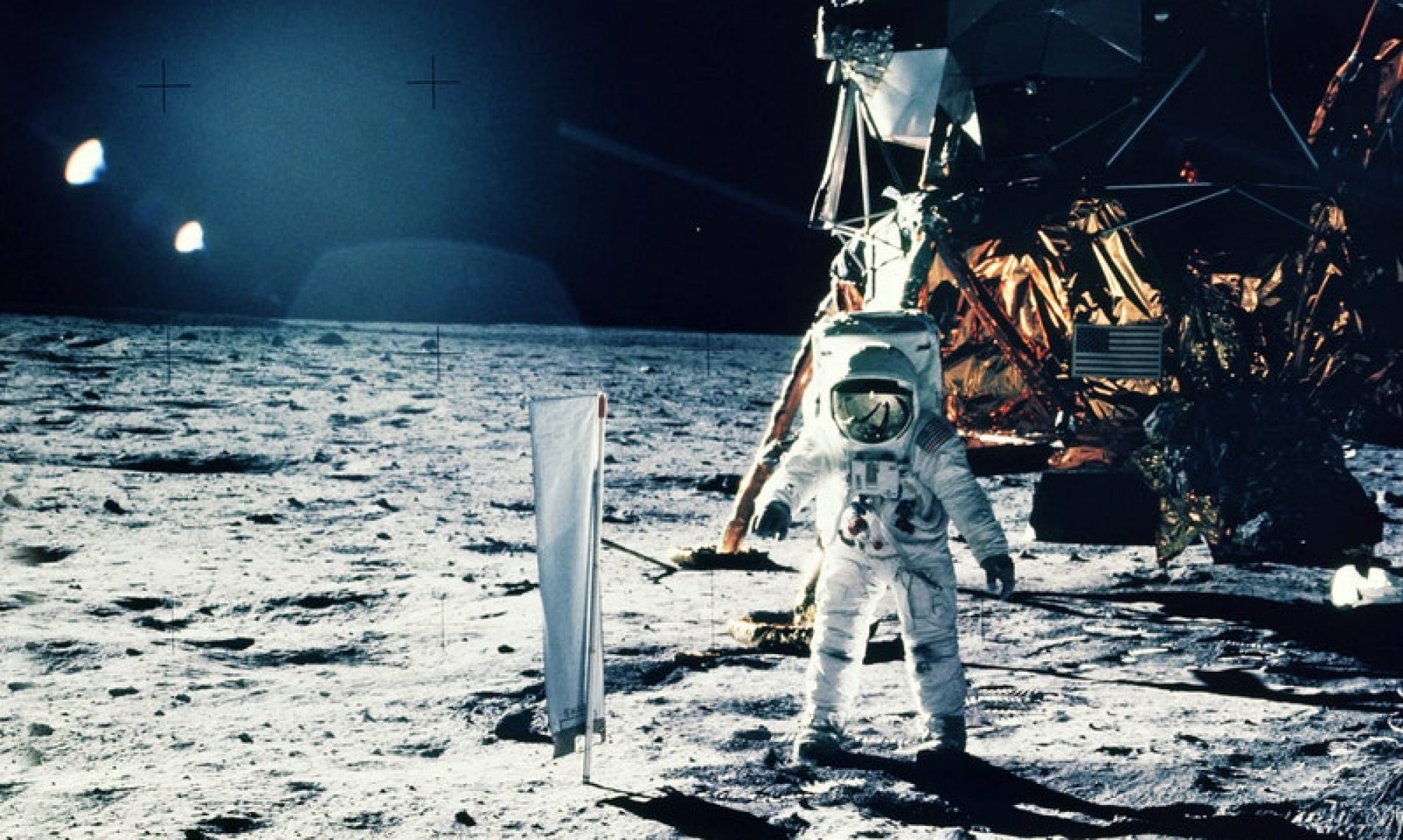The Apollo 11 Computer Overload: An Inside Look
Some space enthusiasts might know that the historic Apollo 11 mission, which landed on the moon in 1969, faced a critical computer issue during its descent. This is often encapsulated in the mysterious “1201” and “1202” alarms. But what exactly were these alarms, and what caused them? Let’s take a deep dive into this remarkable moment in space history.
The “1201” and “1202” Errors: An Overloaded Computer
As the Apollo 11 lunar module descended to the moon’s surface, the astronauts were greeted by a sequence of alarms known as “1201” and “1202”. These alarms were far from insignificant; they signaled that the onboard computer was overloaded with programs and data for calculations. The astronauts, Neil Armstrong and Buzz Aldrin, had a vital mission to accomplish: to land safely on the lunar surface. With alarms blaring and the world watching, the situation was tense.
Auto Mode and the Rendezvous Radar
One often overlooked detail of this historic landing is the role played by the lunar module’s rendezvous radar. This radar, essential for the mission’s success, was set to “auto” mode during descent. This choice was made to assist the crew, who had their hands full with the complexities of landing on the moon. It was also aimed at tracking Michael Collins, who was orbiting the moon in the command module.
A Navigation Oversight
Here’s where things get interesting. The onboard computer was running calculations for a phase of flight it wasn’t currently in, leading to an unexpected overload. This specific issue was highlighted in the Lunar Module Operations Handbook. In the flight plan, the crew was instructed to turn on the rendezvous radar and set the selector switch to “auto-track.” While this was done to help the crew maintain situational awareness during descent, it inadvertently triggered the computer overload.
The 1202 Alarm’s Impact
So, what did the “1202” alarm mean for the mission? The alarm’s significance went beyond just being a warning signal. NASA reported in the Apollo 2 mission report that it caused wild fluctuations in the thrust from the lunar module’s descent engine. The problem was rooted in the throttle control algorithm receiving inaccurate data, resulting in the “1202” alarm. The erroneous data also affected the thrusters’ performance, creating a challenging situation for the lunar module’s descent.
Neil Armstrong’s Heroic Manual Landing
In the face of this unexpected situation, the legendary Neil Armstrong had to take control manually, guiding the lunar module safely to the moon’s surface. His skill and quick thinking averted a potentially catastrophic situation, and he found a safe landing site.
The “1202” alarm during the Apollo 11 landing highlights the unpredictability of space exploration and the incredible problem-solving capabilities of astronauts like Neil Armstrong. It’s a testament to human ingenuity and resourcefulness during the most critical moments of our space history.
This remarkable details of this incident, shedding light on the challenges of early space exploration and the brilliance of the Apollo 11 team. Please share your thoughts and comments on this iconic moment in space history! 🚀🌕 #Apollo11 #SpaceExploration #SpaceHistory #MoonLanding.
Thank you for watching this video to the end. Every click, every share, every subscription propels us further into the unknown. Your support fuels our passion for space exploration. From the Spacecraft Virtual Reality Spacecraft Museum Exhibit team, thank you! #SpaceExploration #Apollo11 #VirtualMuseum
https://www.youtube.com/embed/1t4LIFboAIk?feature=oembedHow to Turn Your Phone into a VR Viewer
https://www.youtube.com/embed/1t4LIFboAIk?feature=oembedTurn This post into an immersive vr experience below!
Get the best DEAL on Google Cardboard Here
5 Pack Deal – Best bulk Deal on Google Cardboard I have found.
Note: Prices and availability of VR headsets may vary. Please check local retailers or online stores for the most up-to-date information.

Hello, I want too subscribe for this webpage to obtain latest updates, thus where can i do it please assist.
Visit my site: https://61C5Af7D884D8.Site123.me